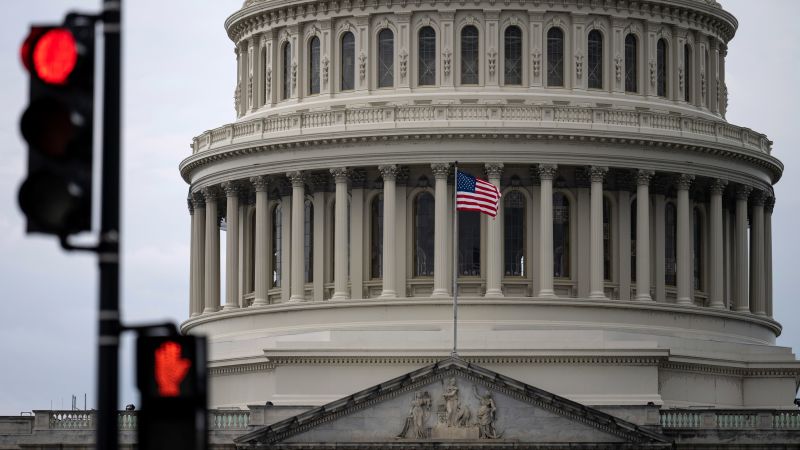The House voted Thursday to pass a critical defense policy bill known as the National Defense Authorization Act, which sets the policy agenda and authorizes funding for the Department of Defense annually.
The bill will next be sent to President Joe Biden to be signed into law. The Senate passed the bill Wednesday. The House vote was 310 to 118 with 73 Republicans and 45 Democrats opposing the bill.
The final negotiated version of the NDAA for fiscal year 2024 authorizes $886 billion in national defense funding, an increase of $28 billion over last year.
The sweeping legislation authorizes a 5.2% pay raise for members of the military – the largest raise for service members in more than two decades – as part of a wide range of provisions related to service member pay and benefits, housing and childcare.
In a move that sparked anger from some lawmakers, the bill will also include a short-term extension of a controversial law that permits warrantless surveillance of foreign nationals. Supporters argue it is a critical tool for safeguarding national security, but it has come under criticism from some lawmakers over alleged misuse.



Medicare for All is cheaper than our current system so we would actually have more money for university funding.
Based reality
Our ROI in terms of $/patient outcome is insanely bad lol
…says you.
Signed,
Shareholders
Cheaper for who? Not the medical insurance companies, private, for profit, hospitals and large pharmaceutical companies. You know those that can afford to lobby the government to keep their profits high by fucking over everyone else…